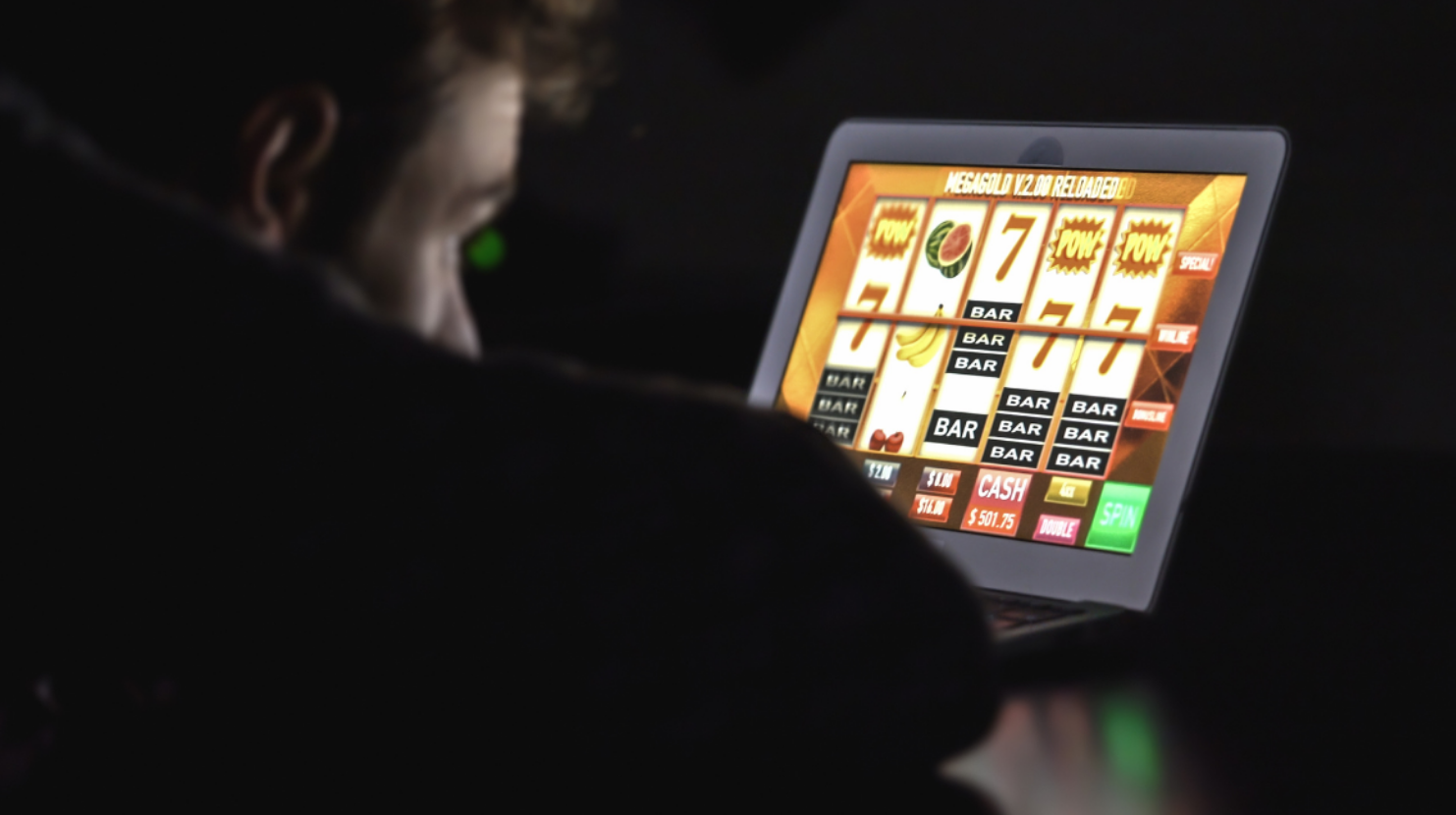A million cries for help. Gambling addiction is no longer a habit — it’s a national mental-health emergency. Picture Credit: Greenpath
By Aisha Zardad
South Africa – Every day in South Africa, ordinary people wake up hoping today will be different — that today, the ticket will land, the slip will pay out, or the spin will finally turn their luck around. What begins as harmless fun often grows into a secret world of hope, shame, and spiralling desperation.
As Responsible Gambling Month unfolds, psychiatrists are warning that the country is not just dealing with a gambling problem — it is dealing with a quiet mental-health emergency that is gripping households across the nation.
The First Bet: What Lures South Africans Into Gambling?For most people, gambling doesn’t begin with addiction. It begins with a story.
A friend wins R5,000 on a soccer slip. A cousin hits a jackpot once at the casino. Social media is full of screenshots, wins, and flashy “big cashout” posts. In a country where money is tight and opportunities feel scarce, these stories hit differently.
People gamble because:
- Hope. Even the smallest chance of a life-changing moment feels worth it.
- Escape. For a brief moment, gambling makes problems disappear.
- Connection. Group betting pools, sports chats, and casino nights create social belonging.
- “Beat the system.” Many convince themselves that knowledge of sports or lucky numbers gives them control.
- First emotional high. The first win — even a small one — creates a powerful memory the brain never forgets.
The hook isn’t money. It’s the possibility of money.
From Hope to Helpline: When Gambling Quietly Crosses the Line, the National Responsible Gambling Programme received over 1 million calls to its toll-free helpline in the past year — a 623% increase. Experts say behind those calls are people who didn’t realise how fast things escalated.
SASOP psychiatrist Dr Mahlatse Thosago explains: “More than 40% of callers said they simply couldn’t stop without professional help… Many had already lost their savings, relationships, or sense of control.”
The turning point is rarely dramatic. It’s not a single big loss — it’s death by a thousand little bets.
It’s when someone starts lying about where their money went.
When they hide slips in their car.
When payday feels like a chance at redemption instead of stability.
When they bet to win back losses… then to numb emotions… then just to feel something.
Online Betting vs Casinos: One Feels Safe — But Is More Dangerous, South Africa’s gambling landscape has changed. The casino is no longer the biggest risk — the smartphone is.
Online Betting: The Silent Trap
- Available 24/7
- Fast, private, and discreet
- No travel, no judgement, no pause between bets
- Small bets that add up to massive losses
- Constant notifications tempting you back
A person can lose their salary at 2am with no one noticing.
Casinos: The Slower Temptation
- Requires travelling, planning
- Losses are physically visible
- Social environment creates small barriers
- More time to reflect before placing another bet
Experts say casinos are risky, but online platforms are engineered for addiction — designed to keep people tapping, scrolling, chasing.
When Is Enough… Enough? This is the hardest question, because addiction blurs the answer. But psychologists offer clear warning signs:
- When gambling is no longer fun
- When you gamble money meant for essentials
- When you hide your betting habits
- When you chase losses
- When your mood depends on the outcome
- When you feel anxious, depressed, or ashamed afterward
- When you promise to stop — but don’t
- When winning doesn’t feel like relief anymore
- When you don’t recognise yourself
For many South Africans, the real breaking point is emotional: The father who misses his child’s school event because he was “just trying one last bet.” The young woman who cries on payday because she the money is gone by midnight. The man who tells himself, “I’ll stop when I win back what I lost,” not realising there is no finish line.
The Human Cost No One Sees
Gambling addiction doesn’t just affect finances — it affects the person you become.
Anxiety.
Depression.
Impulsive decisions.
Broken trust.
Family tension.
Isolation.
Guilt.
Some callers to the helpline were also dealing with substance abuse, legal trouble, or other mental-health disorders — proof that gambling rarely exists alone.
A Growing Emergency Hidden in Plain Sight, South Africa is facing a crisis not because people love gambling, but because gambling offers something people crave: hope, escape, and the illusion of control.
But when the illusion fades, the pain is real.






